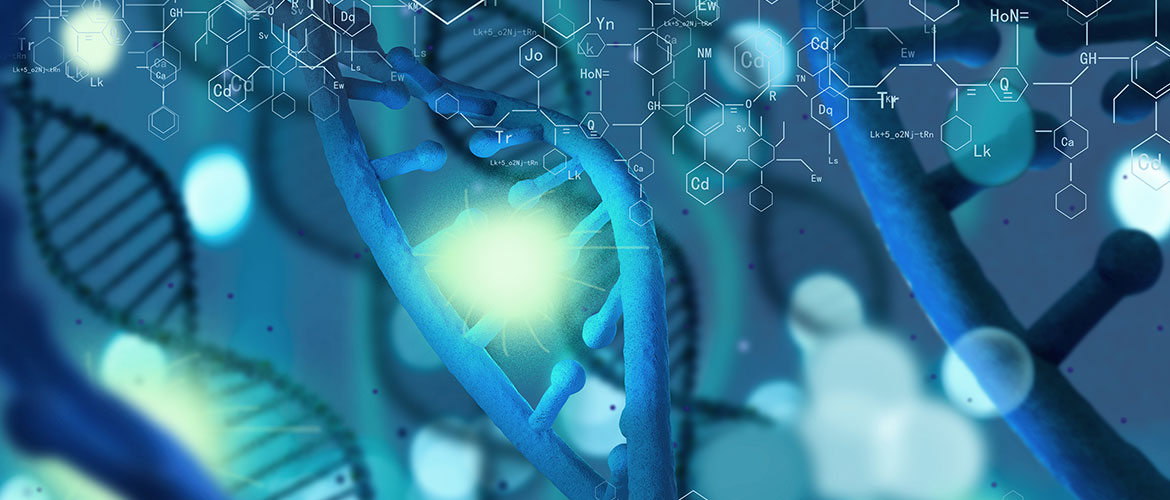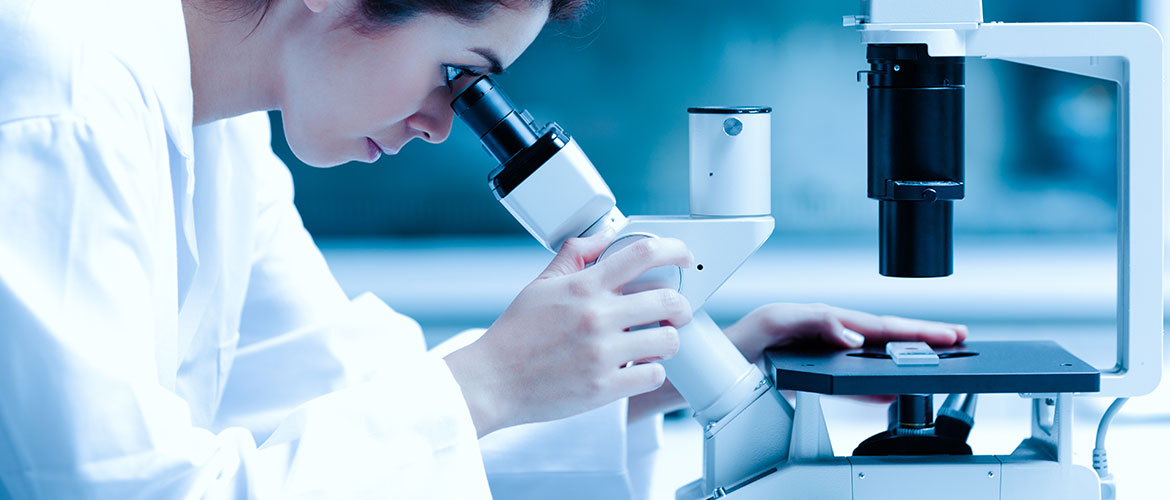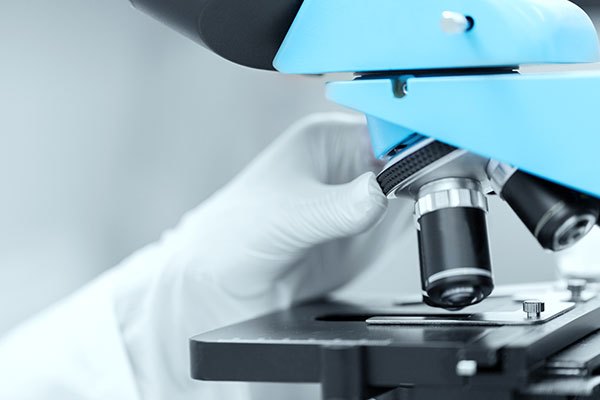
Laboratory of Molecular and Cellular Genetics
Seoul National University

Laboratory of Molecular and Cellular Genetics
Seoul National University

Laboratory of Molecular and Cellular Genetics
Seoul National University

